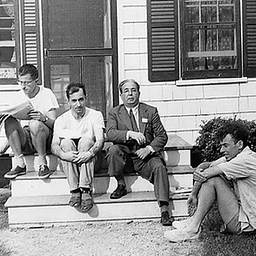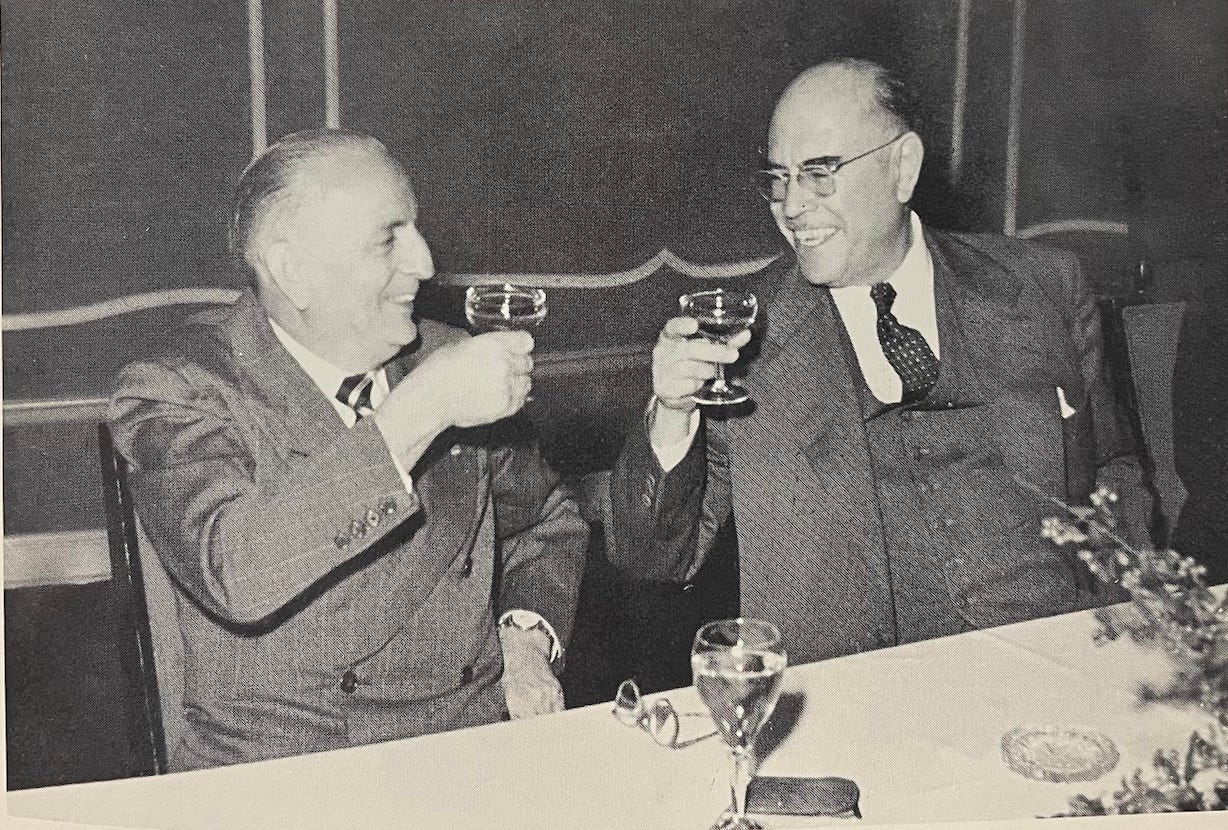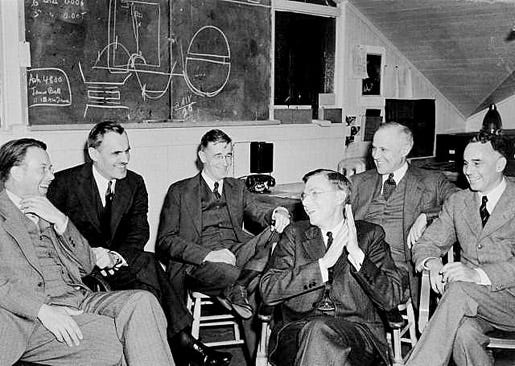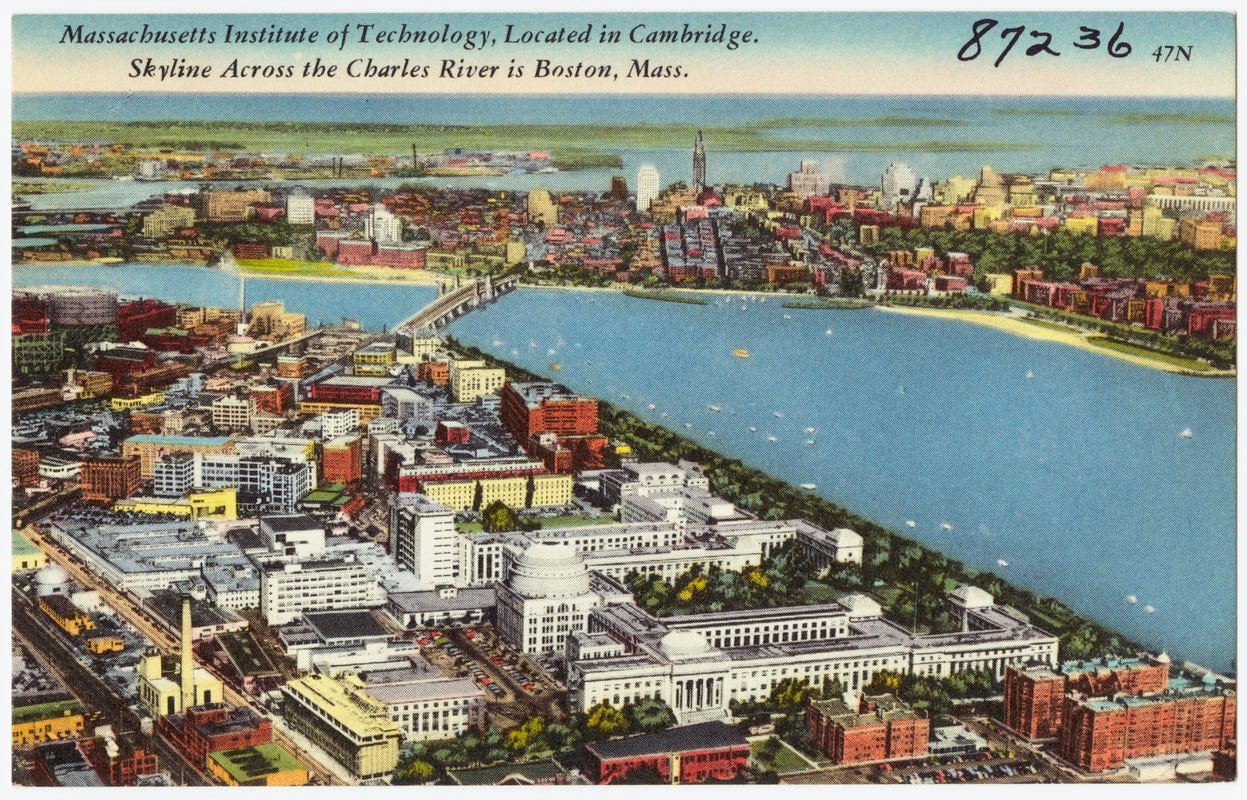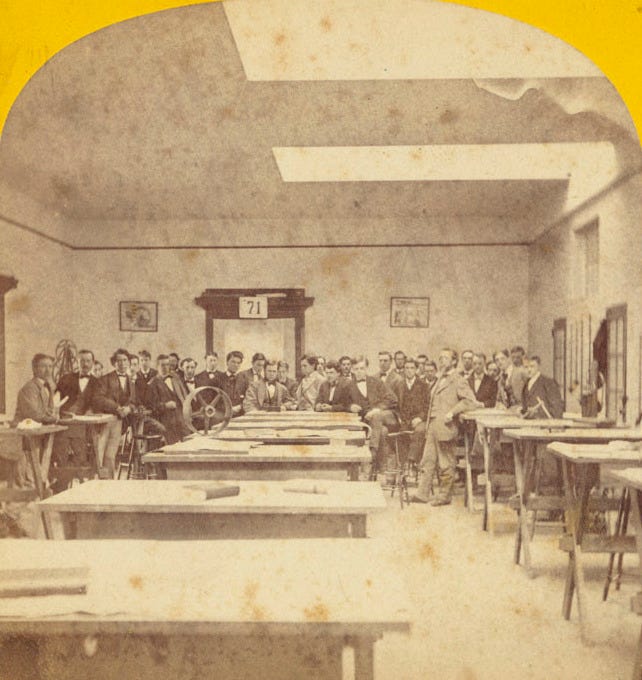
Subscribe now I’ve finally updated the “About” section of this Substack. For months and months, I put it off because I was so busy working a job and writing at night. Then, I began writing full-time and concerned myself wholly with making sure I kept up producing novel pieces as a “professional.” Today, I finally got to it. And I realized this was the perfect opportunity to do something I’ve never done: a subscriber push.
